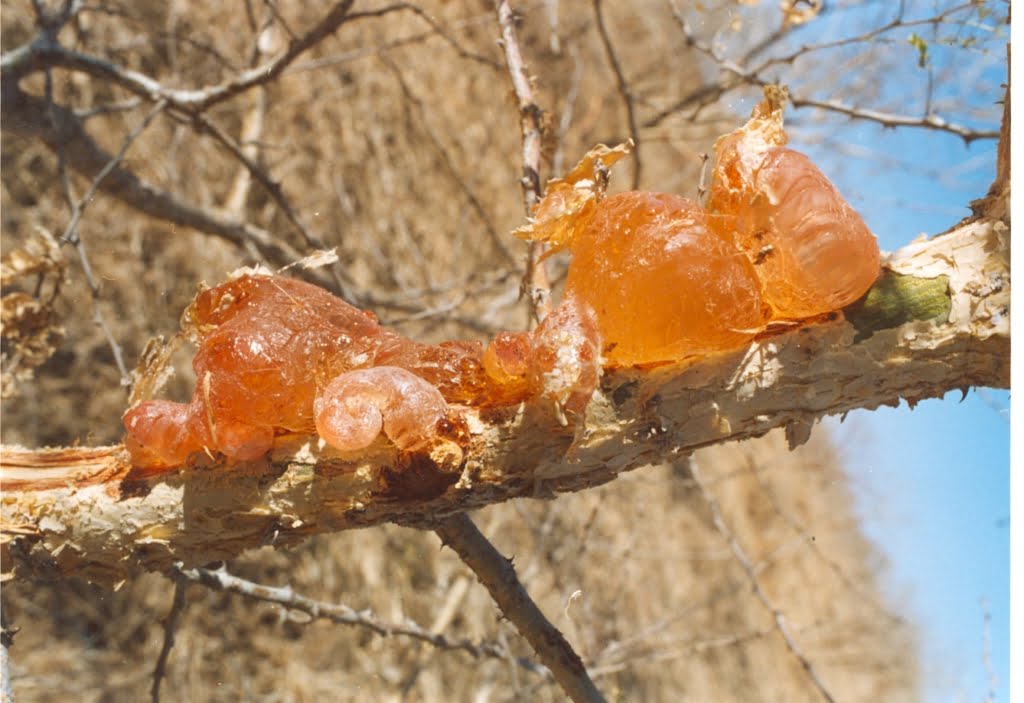In many rural areas across Africa and parts of the Middle East, Arabic gum has become a lifeline for countless communities. Harvested primarily from the Acacia senegal and Acacia seyal trees, this natural exudate is highly valued in industries ranging from food production to pharmaceuticals. With increasing global demand and sustainable harvesting practices, Arabic gum is emerging as a crucial alternative income source for rural populations.
The Economic Significance of Arabic Gum
Arabic gum plays a significant role in the economies of Sudan, Chad, Nigeria, and other Sahelian countries. These regions produce over 80% of the world’s Arabic gum, providing employment to thousands of farmers and laborers. The non-timber nature of Arabic gum harvesting makes it a sustainable economic activity, ensuring that communities do not have to engage in deforestation or environmentally harmful practices to earn a livelihood.
For many small-scale farmers, Arabic gum offers a stable source of income, particularly in arid and semi-arid regions where traditional farming can be challenging due to erratic rainfall and soil degradation. Unlike seasonal crops, Arabic gum trees provide a continuous income stream, as they exude the gum throughout the year.
Arabic Gum and E-Commerce: A Pathway to Global Markets
With the rise of e-commerce platforms like Ajigofarms, rural farmers now have direct access to international buyers, eliminating middlemen and increasing their profits. The digital marketplace allows for fair trade practices, transparent pricing, and improved logistics, ensuring that Arabic gum reaches industries that rely on its unique properties.
Ajigofarms, a leading agro-commodity e-commerce platform, facilitates the export of Arabic gum to global markets, ensuring high-quality standards while supporting rural communities. By integrating rural producers into the digital supply chain, Ajigofarms empowers farmers with market insights, fair pricing structures, and sustainable trade partnerships.

Sustainability and the Future of Arabic Gum Farming
Beyond its economic impact, Arabic gum farming promotes environmental sustainability. The Acacia trees responsible for its production contribute to soil fertility and prevent desertification, making them an essential part of ecological conservation efforts in the Sahel region.
Government and non-governmental organizations (NGOs) are increasingly supporting Arabic gum farmers through capacity-building programs, financial incentives, and infrastructure development. These initiatives ensure that Arabic gum harvesting remains a profitable and sustainable practice for future generations.
Conclusion
Arabic gum is more than just an agro-commodity; it is a transformative economic driver for rural communities. By leveraging e-commerce and sustainable harvesting practices, farmers can achieve financial independence while preserving their environment. Platforms like Ajigofarms are at the forefront of this revolution, bridging the gap between rural producers and the global market. With continued support and investment, Arabic gum will remain a vital source of income, sustainability, and empowerment for rural communities worldwide.




